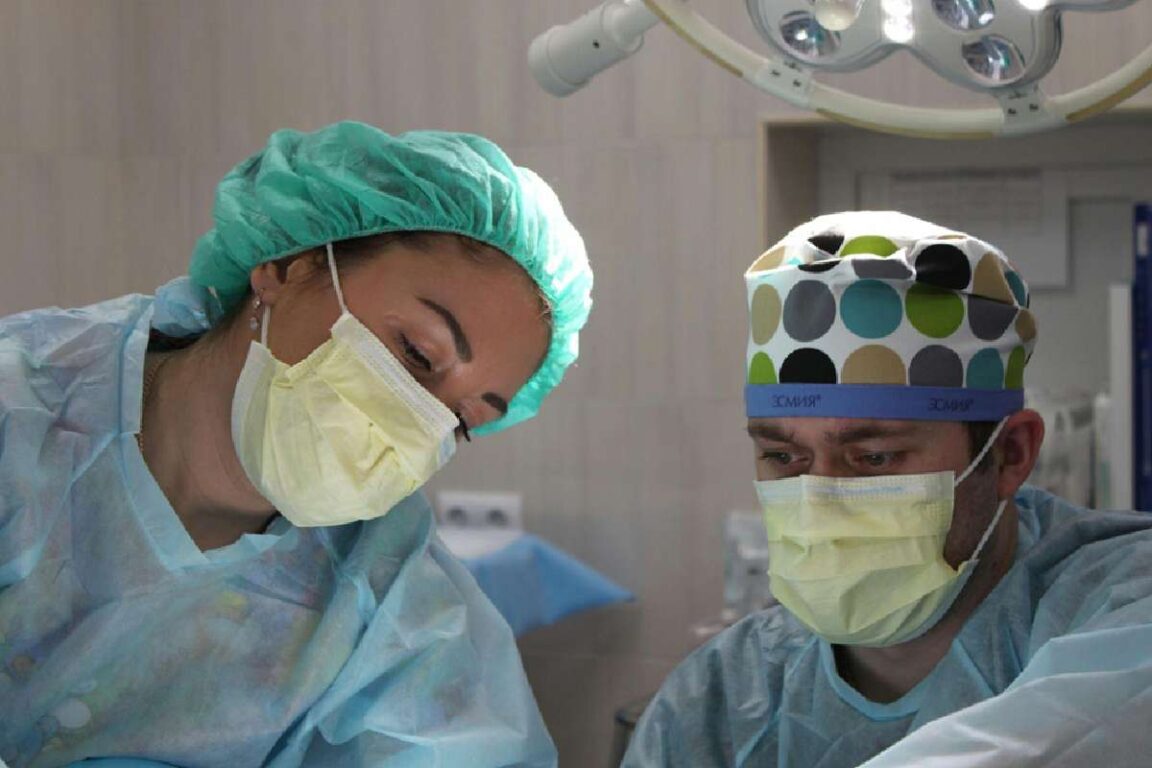If you have an Associate’s degree, a career in healthcare might be closer than you think. The operating room (OR) is a busy, high-stakes environment. Every move matters. It’s where surgical teams work together under intense pressure to help save lives. If you’re thinking about changing careers or building on what you’ve already learned, surgical tech training can help you succeed. It turns your academic background into practical skills. This article looks at how that training prepares you for the OR.
Using What You Already Know
Having a degree gives you more than credits. It teaches you how to think critically, manage your time, and understand medical basics. Surgical technology training programs build on that. They teach you how to handle instruments, keep things sterile, and work closely with surgeons.
You’ll practice using tools like scalpels and retractors. You’ll also learn how to keep the surgical field clean and safe. If you’ve studied anatomy or biology, you’ll pick things up faster. That knowledge helps when learning about surgeries and sterile techniques. Training drills things like gowning and gloving until they become habits. You’ll also practice passing instruments under pressure, just like in a real OR.
Getting Mentally Tough
The OR isn’t just physically demanding—it’s mentally intense. Surgeries can last for hours. Things don’t always go as planned. Your degree has already trained your brain to handle pressure. Surgical tech training builds on that by putting you in stressful simulations.
You’ll face drills where equipment fails or a patient suddenly crashes. You’ll learn to keep calm and think fast. You’ll also deal with the emotional side of surgery. It can be heavy. But training helps you develop ways to stay focused and professional when it matters most.
Working as Part of a Team
In surgery, teamwork is everything. Everyone in the OR has a role. That includes you. Training helps you learn how to communicate clearly and quickly. You’ll do role-playing to practice speaking up when supplies run low or something goes wrong.
You’ll also learn how to read body language. Sometimes a surgeon won’t ask for an instrument—they’ll just reach out. You’ll learn to notice and react fast. You’ll train with students from other healthcare fields too. This helps you get used to real-life teamwork in the OR. You’ll also drill important safety steps, like counting tools and sponges to make sure nothing gets left behind.
Getting Comfortable with New Tech
Modern ORs use a lot of high-tech gear. You might use a robot-assisted system or check live images during a procedure. Surgical tech programs teach you how to work with tools like the da Vinci system. You’ll also learn how to use electronic records and imaging devices.
Training gives you hands-on time with the equipment. That way, you’re not just learning theory—you’re practicing under pressure. Your background helps you learn new tech quickly, which makes you a strong asset in any OR.
Staying Sharp When Things Go Sideways
In the OR, plans can change fast. Someone might have an allergic reaction. A tool might break. Your training includes surprise scenarios like these. They teach you to think on your feet and act fast.
You’ll also develop something called situational awareness. That means being aware of everything going on, even while doing your main tasks. For example, you might need to prep extra tools without breaking the sterile field. This multitasking is easier if you already have experience from school or other jobs.
Putting It All to Work
With training and an Associate’s degree, you’ll be ready to handle real surgeries. The first ones might feel intense, but you’ll be ready. You’ll know how to work fast, stay calm, and support the team.
Hospitals look for people who bring both education and hands-on skills. That mix helps patients and keeps procedures running smoothly. Your degree gives you an edge when it’s time to apply for jobs.
Final Thoughts
Surgical tech training opens doors to a fast-paced, rewarding career. It builds on what you already know and helps you grow. You’ll gain technical skills, mental toughness, and the ability to adapt. If you’re ready to use your education in a hands-on way, the OR could be your next step.

